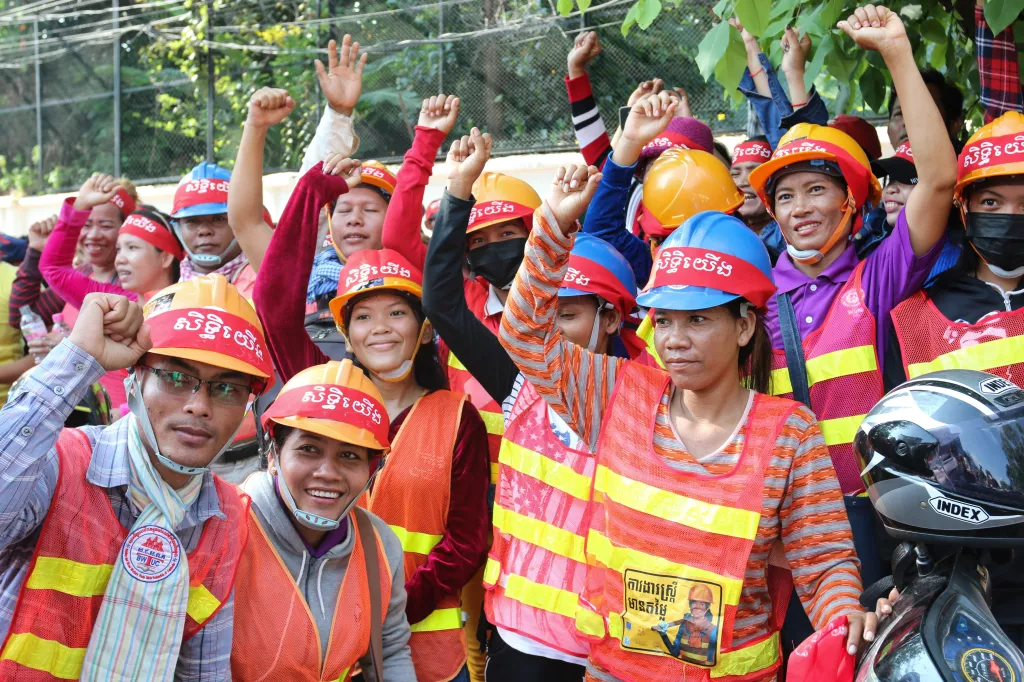Report: Defending their rights, risking their lives

Forum Syd's new report Defending their rights, risking their lives, shows that threats and violence against human rights defenders and attacks on civic freedoms escalated in many parts of the world.
In 2017, over 300 human rights defenders were killed in 27 different countries. In many cases, there are direct links to business operations. Sectors that are particularly dangerous for those who defend their rights are mining, agribusiness, oil or gas and dam building. Local and indigenous people who defend their rights to land, environment and natural resources are particularly vulnerable.
Why is it so dangerous for human rights and environmental defenders to defend their rights in relation to extraction of natural resources? What responsibility do companies have for their operations, suppliers and customers? What is the responsibility of the state for companies’ behaviour abroad?
This report examines the links between extractive industries and shrinking civic space. It discusses measures used to silence human rights defenders and the responsibility and role of states as well as companies. Cases from different countries around the world illustrate the hostile environment, risks and challenges faced by human rights and environmental defenders.
There are, however, examples of businesses that play a positive role towards supporting human rights defenders. The report discusses what kind of measures companies can undertake to support civic freedoms.
States and companies have a responsibility to ensure that extraction of natural resources is carried out with respect for human rights. Urgent measures need to be undertaken to stop the escalating trend of shrinking civic space.
Read the full report here or download it to print
Andra nyheter

The power of people powered Public-Private Partnerships
Public–Private Partnerships (PPPs) are often discussed in terms of roads, power plants, housing, and other large infrastructure projects. But as discussed on the People’s Partnership Podcast, PPPs are...

ForumCiv’s social media accounts labelled as “extremist materials” in Belarus
Important message to our Belarusian followers. Any interaction with our content can now lead to legal consequences in Belarus. Please read the information below and take the necessary precautions for...

ForumCiv enters new strategic partnership
ForumCiv is proud to announce a new three-year strategic partnership with Sida, totalling SEK 137 million.